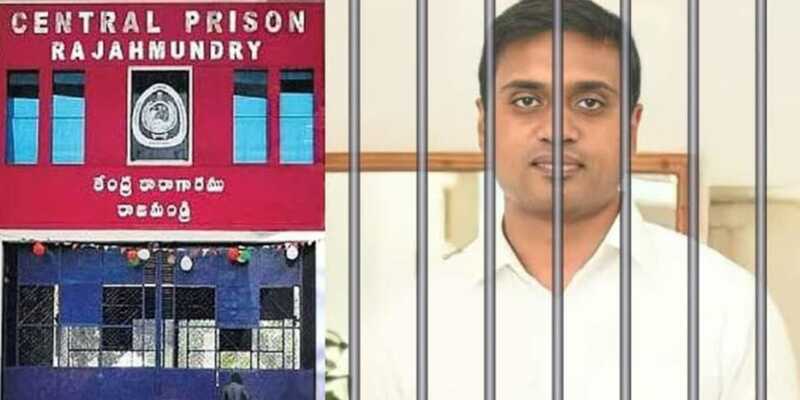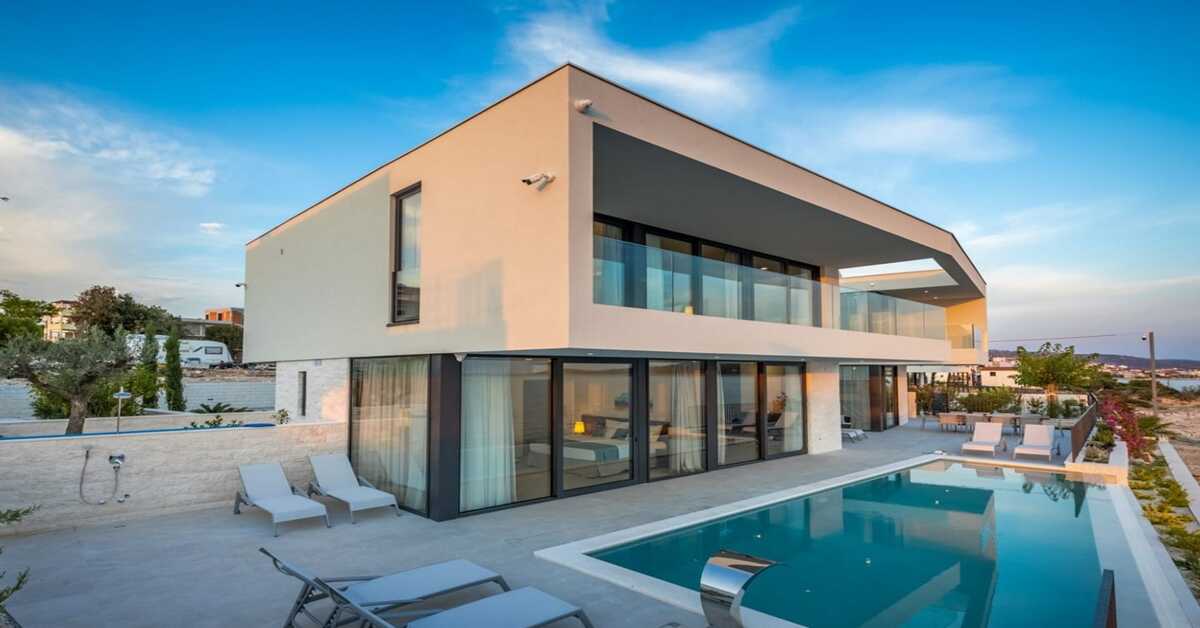Article Today, Rajahmundry: Jails in India are increasingly turning into rest houses for the rich and powerful. Former Telangana minister K. T. Rama Rao once quipped, “Send me to jail, I’ll take rest.” His statement reflects the ground reality. For politicians and high-profile accused, jail time often comes with luxury — home-cooked meals, clean rooms, newspapers, and even mineral water. From Jagan Mohan Reddy and Revanth Reddy to Chandrababu Naidu and now Mithun Reddy, all have received special treatment while in custody. Meanwhile, poor undertrials struggle for basic food and healthcare.
Disparity in Treatment
Activists point out the case of Professor G. N. Saibaba, who was jailed under charges of Maoist links. He was denied basic medical care despite his deteriorating health. After being released on the grounds of innocence, he succumbed to health conditions worsened in jail. His death stands as a stark contrast to the comfort provided to VIP prisoners and raises deep concerns about the functioning of democracy and justice.
Mithun Reddy’s Jail Privileges
YSR Congress Party MP Peddireddy Mithun Reddy, now in judicial remand in a liquor scam case, has been granted several comforts by the ACB court. He is lodged in Rajahmundry Central Jail and has sought three meals of home food, bottled mineral water, a soft mattress, bed, pillows, a western toilet, television, newspapers, mosquito nets, walking shoes, a table, white papers, pen, protein powder, and a yoga mat. The court accepted his request, and arrangements have been made.
Earlier Precedents for Chandrababu
When former Chief Minister Chandrababu Naidu was earlier held in the same jail, he too was recognized as a “Special Class Prisoner.” Based on court orders, he was allotted a separate room, a bed, table, chair, and permission to get food from home. Medical equipment and personal toilet facilities were allowed in line with health recommendations.
No “VIP Prisoner” in Rulebooks
Prison officials clarify that the term “VIP prisoner” does not officially exist. Instead, the law allows for “Special Class Prisoner” status based on the individual’s social status, lifestyle, and background. But to get this privilege, the accused must submit proper documentation, including income tax returns, and receive court approval. Once approved, the prisoner may receive facilities like private rooms, beds, reading tables, cupboards, and sometimes even AC, fridge, and TV — all within jail premises.
Custom Kitchens and Domestic Comforts
Some inmates are permitted to bring groceries from home and have meals cooked in a separate jail kitchen. A helper may be assigned for their personal needs. In some cases, the court allows home-cooked food daily. Prison officials confirm these privileges are provided only with court consent. Even tasks like laundry may be handled by someone specifically assigned.
Do These Benefits Extend to Common People?
This raises a burning question: Will an ordinary undertrial get such treatment if they ask for similar comforts due to poor health? Unlikely. There are no fixed rules for such privileges. The gap between rich and poor in jail reflects deeper systemic inequality. While high-profile inmates enjoy a guest house atmosphere, countless undertrials languish without food, medicine, or hope. The time has come for prison reforms to reduce this injustice and restore faith in equal justice for all.



